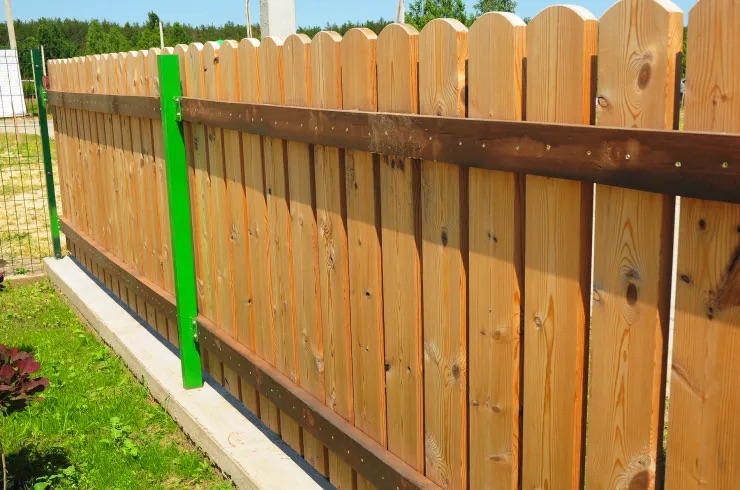Types of Fences: Choosing the Best Option for Your Property
When selecting a fence for your property, it’s crucial to consider the various types available, each offering unique benefits. Common options include wood, vinyl, chain link, and wrought iron, each catering to different aesthetic preferences and functional needs.
For instance, wood fences provide a classic look and can be customized with stains and paints, while vinyl fences are low-maintenance and durable. Chain link fences are often chosen for security purposes, and wrought iron fences add an elegant touch, making them ideal for enhancing property value.
Preparing Your Yard for Fence Installation
Proper preparation of your yard is essential for a smooth fence installation process. This includes clearing the area of debris, marking property lines, and ensuring there are no underground utilities that could interfere with the installation.
Additionally, it’s advisable to check local regulations regarding fence height and placement to avoid potential disputes with neighbors. Taking these steps not only facilitates the installation but also helps in achieving the desired outcome for your fencing project.
Maintenance Tips for Fences and Railings
Regular maintenance is key to extending the lifespan of your fence and railing installations. This includes routine inspections for damage, cleaning to remove dirt and debris, and applying protective coatings as needed to prevent deterioration.
For example, wood fences should be stained or painted every few years to protect against moisture and pests, while vinyl fences can be washed with soap and water to maintain their appearance. Proper care ensures that your investment continues to enhance your property’s aesthetics and security.
Understanding Local Regulations and Permits for Fence Installation
Before starting a fence installation project, it’s important to understand local zoning laws and obtain any necessary permits. Regulations can vary significantly by location and may dictate the type, height, and placement of fences on your property.
Consulting with local authorities or a professional fencing contractor can help ensure that your project complies with all regulations, avoiding potential fines or the need for costly modifications after installation. This proactive approach can save time and resources in the long run.




